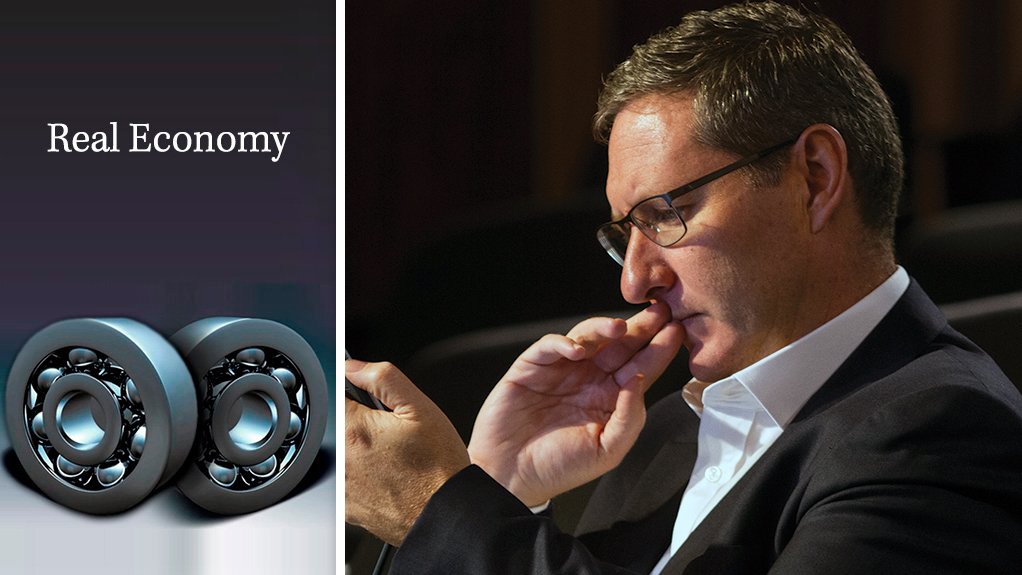Notwithstanding President Jacob Zuma’s directive that Eskom sign outstanding power purchase agreements (PPAs) with renewable-energy projects procured through the most recent rounds of South Africa’s Renewable Energy Independent Power Producer Procurement Programme (REIPPPP), the whole episode has, nevertheless, been damaging.
Besides the independent power producers (IPPs) directly affected by Eskom’s refusal to sign, the closure and possible liquidation of an Eastern Cape wind-tower manufacturing facility has become the poster child for the impasse, as well as for those questioning whether business can rely on government policy as a basis for making investment decisions.
Operations at the plant have been suspended since December, after the depletion of REIPPPP orders, which could not be replenished until Eskom signed Round 4 projects selected in 2015.
The reasons for Eskom’s defiance of stated government policy are complex – more complex than the popular narrative, which reduces Eskom’s motives to a pure renewables-versus-nuclear standoff (although this cannot be ruled out entirely as one of the motives).
The simple fact, though, is that the R536-million DCD Wind Towers investment would never have been made if there had been any doubt about Eskom’s and government’s commitment to the REIPPPP. There is also no doubt that the project proceeded primarily on the basis of highly supportive energy and industrial policy.
In this case, the policies (together with the security of demand they implied) were compelling enough for no fewer than two State-owned entities – the Industrial Development Corporation (IDC) and the Coega Development Corporation (CDC) – to back engineering group DCD in establishing the factory.
The CDC has invested R183.4-million to build the 20 000 m2 factory, while the IDC has a R220-million debt and equity exposure to DCD Wind Towers. When approached about their reasons for supporting the project, both organisations were quick to point to the supportive policy environment, which they stressed had not been abandoned – a point reaffirmed by Zuma.
The upshot of Eskom’s defiance, though, is uncertainty, and not only about the future of DCD Wind Towers. Other manufacturing investments made as a result of the REIPPPP’s demand for localisation have come under similar pressure, as has government’s stated goal of attracting yet other green industrialists.
There will be a keen focus now on Eskom’s reaction to Zuma’s directive. Existing and potential investors will want to see whether government policy is truly worth the paper it is written on, or whether they will be forced to look elsewhere for assurances before taking any major investment decisions.
EMAIL THIS ARTICLE SAVE THIS ARTICLE ARTICLE ENQUIRY
To subscribe email subscriptions@creamermedia.co.za or click here
To advertise email advertising@creamermedia.co.za or click here











